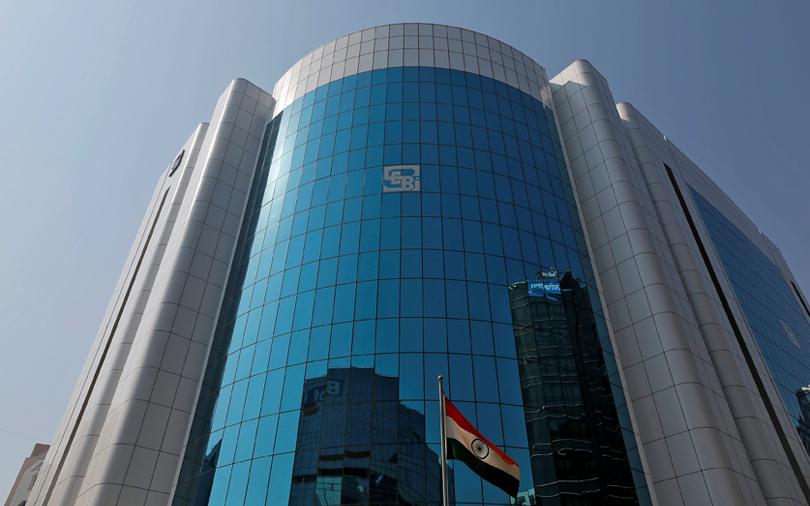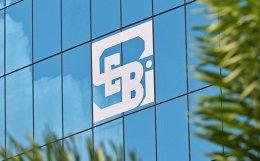The Securities and Exchange Board of India (SEBI) on Wednesday approved norms for the listing of tech-oriented startups and new-age companies on the exchanges.
The markets regulator reduced the requirement of pre-issue capital held by institutional investors to 25% from the earlier threshold of at least 50%.
SEBI said that such institutions holding at least 25% of the pre-issue capital should be invested in the company for a minimum of two years.
The regulator has also facilitated firms to list on the revamped platform – renamed to Innovators Growth Platform (IGP) from its earlier avatar of Institutional Trading Platform (ITP) — who have the backing of family trust with a net worth of at least Rs 500 crore, well-regulated foreign investors and a new class of 'accredited investors'.
The ITP was a window on the stock exchanges where e-commerce, data analytics, bio-technology and other startups could list and offer their shares for trading.
The regulator also removed the clause that earlier disallowed any person — either individually or collectively with persons acting in concert — to hold more than 25% of the post-issue capital in startups. This is aimed at encouraging big-ticket investments from larger investors even after such companies are listed.
The decisions were taken at SEBI’s quarterly board meeting held in Mumbai on Wednesday, following which a slew of reforms were announced. These included allowing mutual funds to segregate distressed assets from their portfolios, minor tweaks for companies launching their IPOs and relaxing combined investment limits for foreign investors.
Revamped IGP platform
SEBI will also allow tech firms to list on the IGP where such accredited investors hold pre-issue capital not exceeding 10%. These investors can be individuals with a total gross income of Rs 50 lakh per annum and minimum liquid net worth of Rs 5 crore, or a corporate body with a net worth of Rs 25 crore or above.
Many Indian tech-enabled and e-commerce firms such as Flipkart, Paytm and InMobi have sought multiple rounds of funding from private equity and venture capital investors. However, they have stayed away from the public markets for various reasons including the valuation gap between what a company expects and the market’s willingness to pay for it, and lack of understanding about the business models of such companies by common or retail investors.
To attract more investors and boost liquidity, SEBI has also reduced minimum application and trading lot size to Rs 2 lakh from an earlier requirement of Rs 10 lakh.
In addition, the minimum offer size is fixed at Rs 10 crore and companies can now allot shares to a minimum 50 allottees as opposed to a requirement of a minimum 200 allottees stipulated earlier.
The SEBI board also relaxed the time period to one year for such firms if they choose to migrate to main board of the stock exchanges, as against a three year-listing time frame set earlier.
SEBI announced it is open to further relaxing norms to encourage more startups to emerge, raise capital from the public and list on the stock exchanges.
Tweaks to IPO norms
To help a long list of companies looking to go public, the market regulator said that firms whose IPOs comprise only a secondary market sale may not be required to re-file their IPO proposals if their issue size changes up to 50% from its original proposal filed with SEBI.
The relaxation comes at a time when more than 50 companies are looking to go public — either awaiting SEBI approval or have obtained one to float an IPO.
More than half of these firms are backed by private equity investors, and some even owned by the government, who are looking to either partially or fully exit through an IPO.
However, SEBI said that companies looking to raise fresh capital will be required to re-file documents if their issue size changes more than 20% from the time of filing their original proposal.
The timing of such relaxations is crucial to keeping the IPO pipeline moving, given that it has been inactive since October due to volatility and uncertainty in the secondary markets -- and expected to remain so till the general election in April and May 2019.
The benchmark BSE Sensex has lost roughly 10% since touching a record high on 29 August, owing to a combination of local and international risk factors.
Concerns related to liquidity crunch in India’s non-banking financial companies (NBFCs), the rupee’s weakness and high crude oil prices have weakened investor sentiment, while the state and national elections, and the political uncertainty has kept investors on the sidelines.




